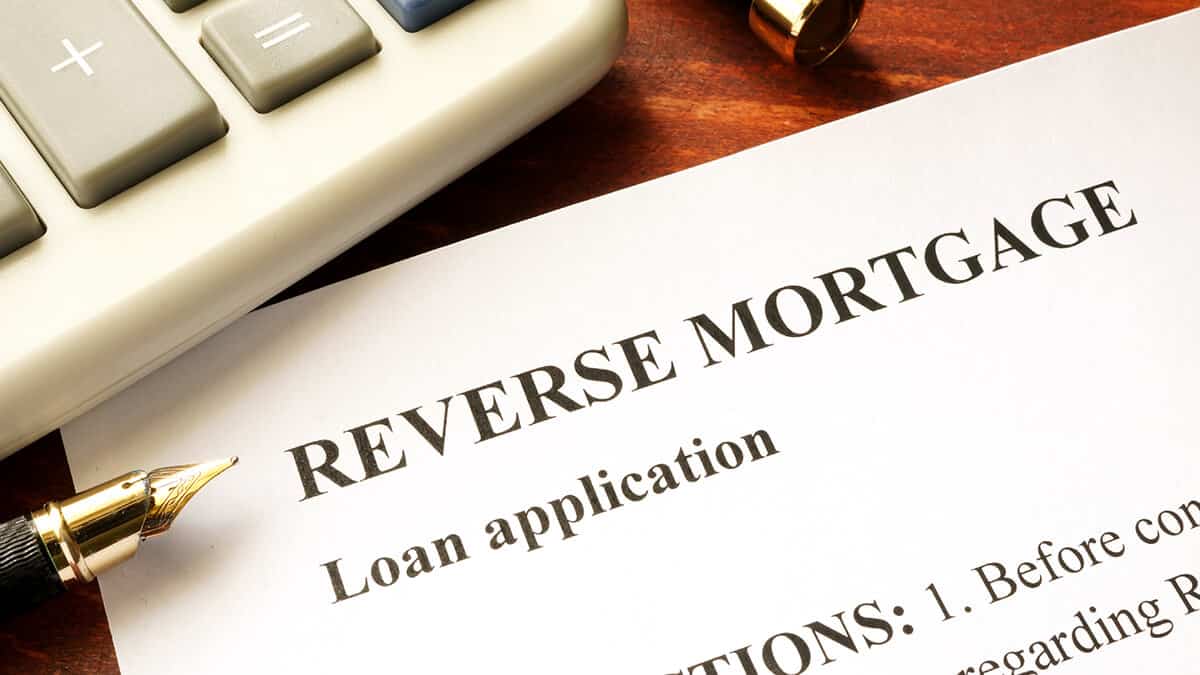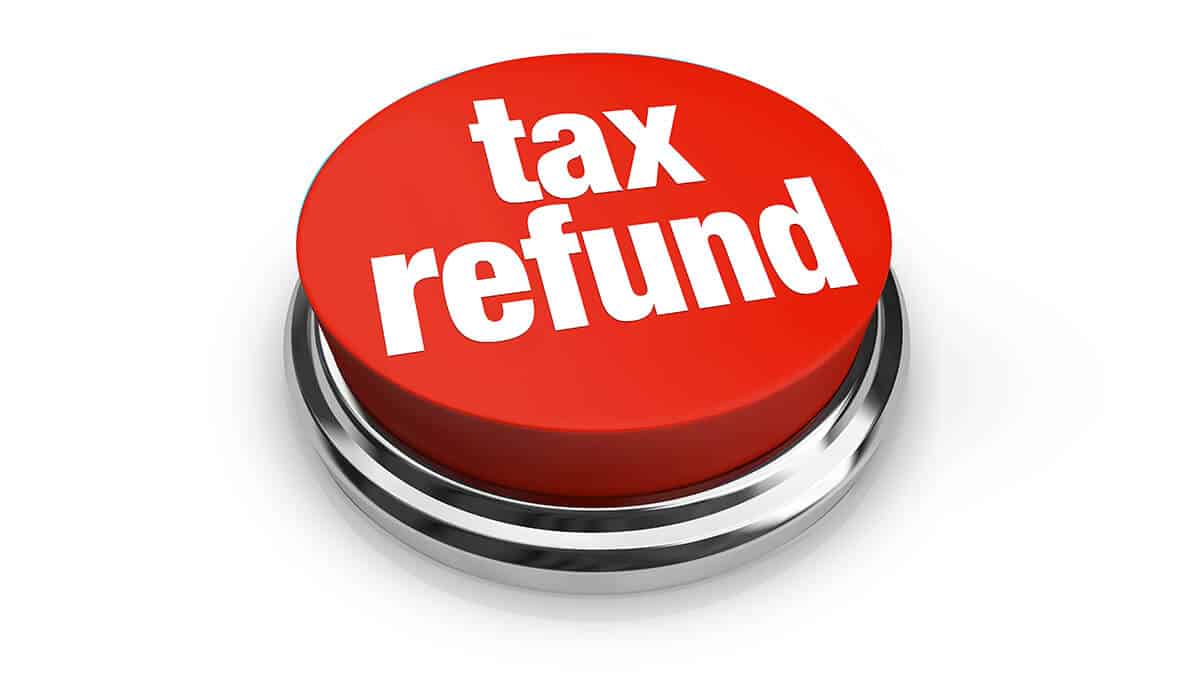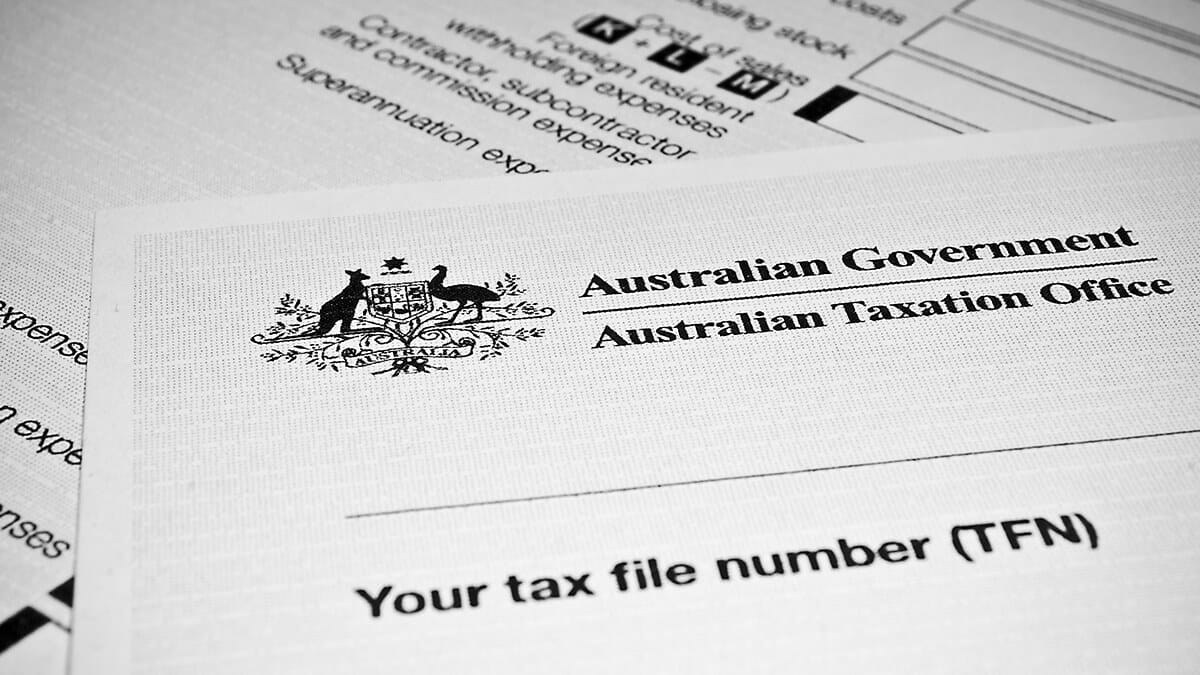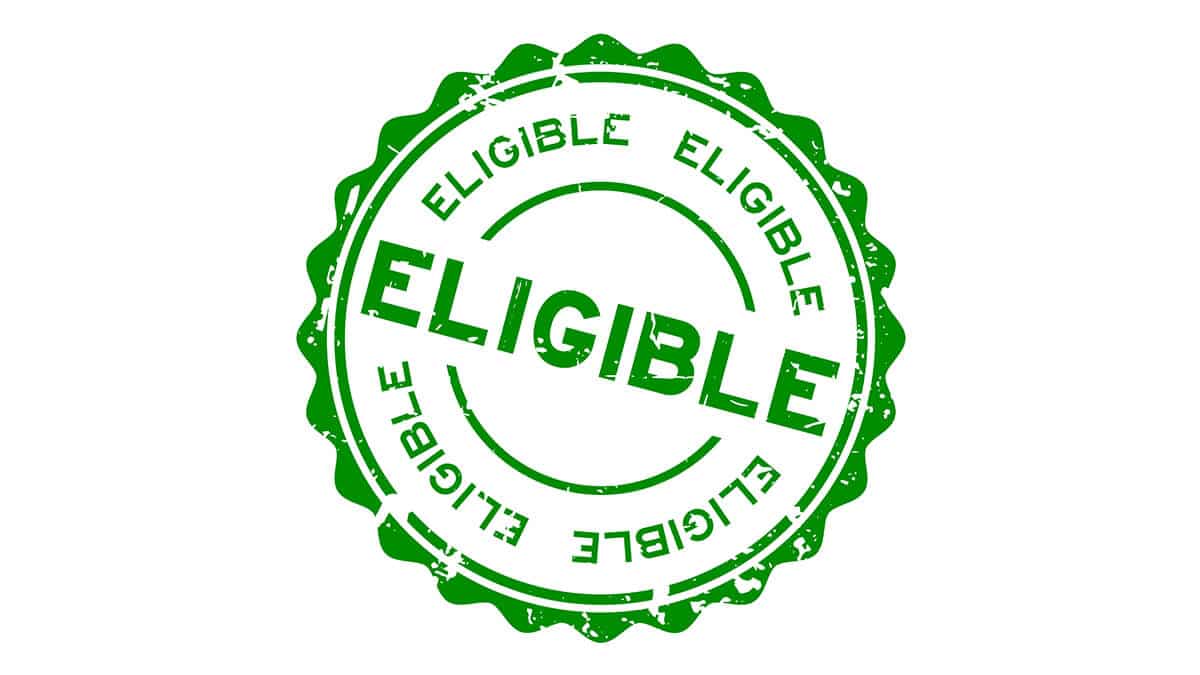Articles by
Janine Mace

-
Reverse mortgages: What are they and how do they work?
Retirees who own their home but would like to top up their income for whatever reason are increasingly tapping into their home equity with a reverse mortgage.
-
What is the value of financial advice when it comes to your retirement?
It’s easy to put off getting financial advice when your focus is on paying the monthly bills, but delaying or not getting advice can have huge financial and personal costs down the track.
-
How LISTO works (Low Income Superannuation Tax Offset)
The Low Income Super Tax Offset is a government rebate that can help boost your super and make saving for retirement a little easier.
-
Getting financial advice? What your adviser needs to provide
Financial advice is strictly regulated, so it pays to understand what you can and can’t expect from an adviser before you set up your first meeting.
-
Why financial literacy is vital for a good retirement
In an increasingly complex world, understanding finance and financial products can make a wealth of difference to your future health and happiness.
-
Division 293 super tax explained (including calculator)
High-income earners pay extra tax on their concessional super contributions, so it’s important to understand the rules.
-
Tax returns in retirement: Do I need to lodge one?
If you receive assessable income in retirement, you need to lodge a tax return. Even if you don’t, you may need to lodge a non-lodgment form. Confused? Read on.
-
Checklist for employers to master your super responsibilities
Getting the details right when it comes to paying employees’ super can be tricky, so use our 7-point checklist to ensure you meet your super obligations.
-
Commonwealth Seniors Health Card: Eligibility and how to apply
Our updated guide which now features a thorough video explainer, detailing the main benefits, the income thresholds and tips on how to apply.
-
Downsizer super contributions: Rules and eligibility
Eligible downsizer contributions can be a great way to boost your super without falling foul of many of the rules affecting other super contributions.
-
3 steps to making a complaint about your super fund
When you have an issue with your super fund or its insurer, it’s important to know who to turn to and how to go about it.
-
Who to turn to if you have a problem with your financial adviser
The financial advice sector has done a lot in recent years to improve the overall quality of advice, but when things go wrong there is a structured complaints process.
-
Superannuation rule changes from July 2025 (and previous years)
Navigating your way around the constant rule changes in the super system is tricky, so here’s our annual list of the modifications you need to know about.
-
What to do if your employer doesn’t pay your super
Chasing your unpaid super contributions can be difficult but there are things you can do to get the money you’re owed and ensure your super account keeps growing.
-
What is the maximum super contribution base?
High-income earners face a quarterly cap on the amount of income on which their employer must make SG contributions. Here’s the limit for 2024–25.
-
Employer’s guide to Superannuation Guarantee contributions: Which employees are eligible?
Working out which employees are eligible for SG contributions can be tricky. Employers often think they know, but the ATO can have different ideas.
-
Super Guarantee Charge for employers: What is it and what are my options?
Failing to make your quarterly SG contributions on time and to the right fund will leave you with a Super Guarantee Charge bill, which can be expensive.
-
Calculating your employees’ SG contributions? The rules to help get it right
Working out the right SG contributions for your employees can be confusing, but if you learn the rules there shouldn’t be any problems with the tax man.

















